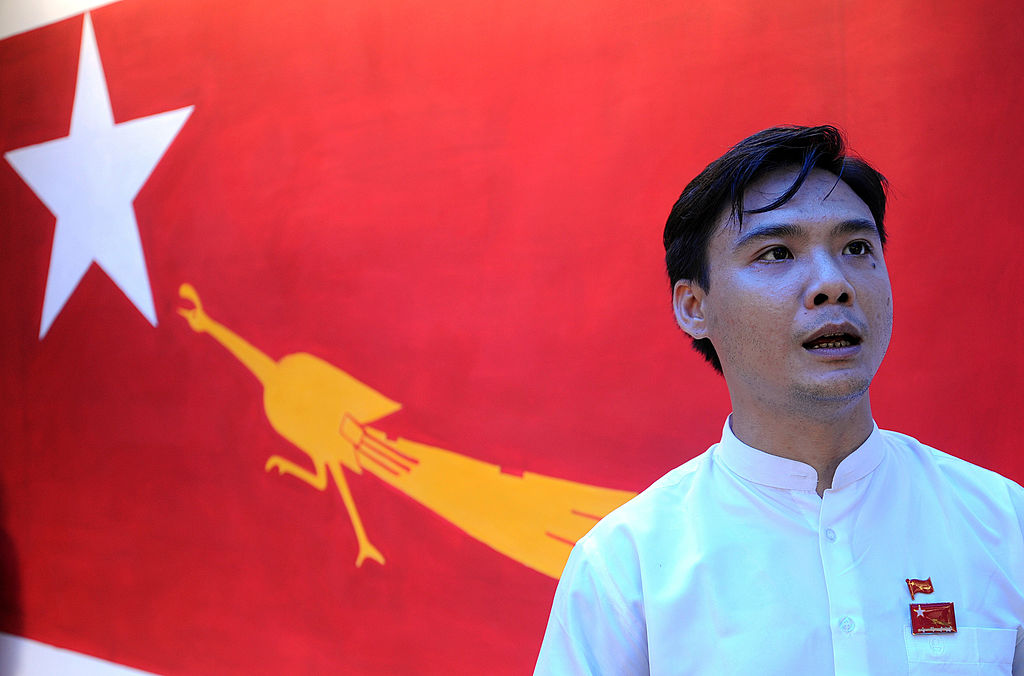
Myanmar’s military regime has executed four individuals, including a deposed pro-democracy lawmaker and a prominent activist, in its first use of the death penalty in over three decades, state media reported Monday.
Kyaw Min Yu, also known as Jimmy, a leader of the activist group that opposed former dictator Ne Win, and Phyo Zeya Thaw, a civilian lawmaker overthrown in last year’s coup, were among the four. They were charged with treason and terrorism by a military tribunal this year and were executed for carrying out “brutal and inhumane terror acts such as murdering many innocent people,” according to state-owned English daily, Global New Light of Myanmar.
The executions are the first to be carried out in the overwhelmingly Buddhist Southeast Asian nation since 1988 and follow some 2,000 extra-judicial civilian killings by military forces in less than 18 months, according to estimates last month by the United Nations Office of the High Commissioner for Human Rights.
More than 70% of the countries in the world “have abolished capital punishment in law or practice,” according to the US-based Death Penalty Information Center, an authority in the subject.
Read More: Myanmar Artist’s Daring Mission to Tell His Father’s Story
Major General Zaw Min Tun, the lead spokesman for the State Administration Council, declined to comment on the news and referred Bloomberg News to the state media report.
“The junta’s announced decision to execute the activists illustrates how the military seeks to use all apparatuses of the state to persecute those that oppose its attempt to return Myanmar to military authoritarian rule,” UN experts said on the matter last month. “The illegitimate military junta is providing the international community with further evidence of its disregard for human rights.”
Myanmar’s civilian leader Aung San Suu Kyi was last month moved to solitary confinement inside a military-built prison compound in the capital of Naypyidaw after a special court in April sentenced her to five years in prison in the first of several corruption charges leveled against her. The sentencing takes the total prison term she could serve to 11 years and effectively prevents her from staging a political comeback.
Suu Kyi is on trial for more than a dozen other charges, including violating the colonial-era official secrets act. The maximum prison sentence for these remaining charges is nearly 190 years.
More Must-Reads From TIME
- The 100 Most Influential People of 2024
- Coco Gauff Is Playing for Herself Now
- Scenes From Pro-Palestinian Encampments Across U.S. Universities
- 6 Compliments That Land Every Time
- If You're Dating Right Now , You're Brave: Column
- The AI That Could Heal a Divided Internet
- Fallout Is a Brilliant Model for the Future of Video Game Adaptations
- Want Weekly Recs on What to Watch, Read, and More? Sign Up for Worth Your Time
Contact us at letters@time.com